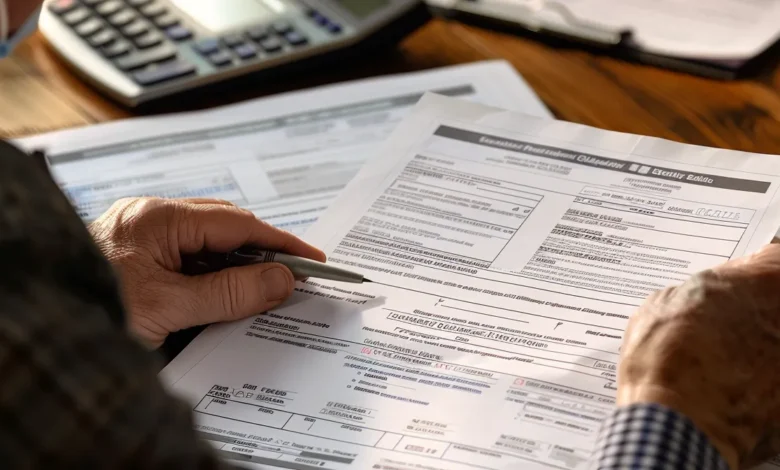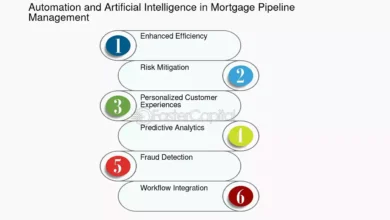Navigating Life After Tax Debt Relief: Tips for a Brighter Future

Many individuals breathe a sigh of relief once their tax debts are resolved, but the path forward requires careful financial planning and personal discipline. Successfully navigating life after tax debt relief entails understanding the impacts on your financial standing, rebuilding credit, and looking ahead to more secure financial routines and strategies. It’s not just about getting out of debt; it’s about transforming your approach to personal finance to prevent future issues. Below, we delve into useful guidelines that will help you maintain your newfound financial freedom and pave the way toward a brighter, more stable financial future.
Understanding Your Financial Situation Post Tax Debt Relief
After receiving assistance from tax relief helpers California, it’s essential to assess your financial situation by reviewing debts, understanding the resolution terms, and evaluating its impact on your finances. Identifying income sources and expenses will help you plan for the next steps in your recovery.
Consider consulting a financial counselor to understand the short- and long-term effects of your tax relief. They can guide you on how it may influence your credit score, borrowing ability, and overall financial health. Reviewing the terms of your relief agreement and learning from past financial habits will help prevent future issues.
Establishing a Sustainable Budget to Prevent Future Debt Accumulation
A budget is crucial for financial discipline and post-debt relief. It should reflect current income, daily expenses, savings, and debt repayment. Identify essential expenses like housing, utilities, groceries, and transportation as non-negotiables, and differentiate between wants and needs. Cut non-essentials if necessary.
Allocate funds for emergency savings to avoid financial setbacks and cover at least three to six months of living expenses. Regularly review and adjust your budget to ensure you’re on track with financial goals and make timely adjustments in response to changes in income or expenses. This will help prevent falling back into the same financial traps and prevent falling back into the same traps.
Rebuilding Your Credit Score After Tax Debt Settlement
Tax debt settlement can negatively impact your credit score, but it is not irreversible. To rebuild your credit, ensure all debt payments are made on time, as payment history is a significant factor. Consider obtaining a secured credit card to demonstrate financial responsibility to credit bureaus without accruing unmanageable debt.
Keep credit utilization low, using only 30% of available credit on lines of credit or credit cards. High credit utilization can be seen as a red flag by lenders and negatively affect your credit score. Keep an eye on your credit report for errors, reporting them promptly to prevent negative effects on your score. Maintaining an accurate credit report is crucial for the credit score recovery process.
Exploring Savings and Investment Options for Long-Term Stability

Building long-term financial stability starts with a solid budget and credit rebuilding. Safe options like savings accounts, certificates of deposit, and government bonds can help grow your savings. For higher returns, consider stocks, mutual funds, or real estate, but make sure your investments align with your risk tolerance and goals. A financial advisor can provide personalized advice.
Investing in yourself, such as pursuing a Master’s of Instructional Design, can lead to better career opportunities and higher earnings. It’s also essential to plan for retirement, regardless of age. Take advantage of employer retirement plans or set up an IRA to ensure your financial security in the future.
Nurturing Financial Habits for Continued Prosperity
Nurturing financial habits that foster continued prosperity is akin to tending a garden; it requires regular care and attention. Learning new financial skills, like how to track your spending, understanding interest rates, and recognizing the importance of maintaining a good credit score, are all part of this growth process. Surrounding yourself with financially responsible individuals can influence your decisions positively. Engage in conversations about investments, savings, and budgeting strategies with peers who share your financial goals. Their insights and support can reinforce your financial discipline.
Don’t be afraid to revisit your tax situation regularly, especially to ensure that you are taking advantage of all available tax deductions and credits. This will not only help you save money but also avoid any future complications with tax liabilities. Keep educating yourself. The world of personal finance is ever-changing, and staying informed about the latest financial tools and strategies will help you adapt to new circumstances and make sound financial decisions in the future.
Overall, overcoming tax debt is just the beginning. By grasping your financial reality, sticking to a sustainable budget, rebuilding credit, wisely choosing savings and investment vehicles, and nurturing responsible financial habits, you’re setting the stage for a secure and prosperous financial future.







